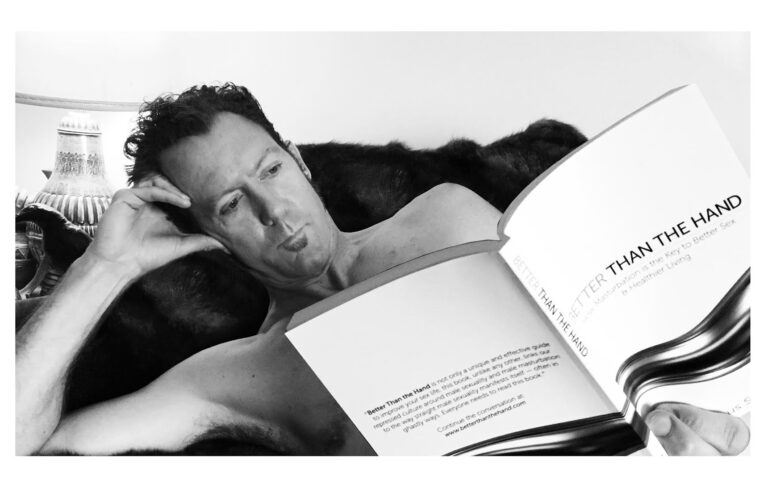By Magnus Sullivan
I assume that anyone who asks the question, “What is ethical porn?” has a very clear answer to the question, “What is ethical capitalism?” If you don’t, you’re way ahead of yourself in asking this question.
The field of ethics has a few ways of looking at behavior to evaluate whether it’s “moral” or “right or wrong.” From a normative ethics perspective, we can say that there is a very basic and clear arrangement that all parties agree to: people are asked to perform a task; they are paid for the tasks; there is a very clear contractual agreement that is signed by all parties that governs the agreement. It is largely transparent and consensual. On this level, it is a very simple “work for hire” agreement.
I think it’s important to note that the question is not about “exploitation,” because that is inherent to capitalism and no one complaining about porn is complaining about capitalism: we generally accept that anytime someone makes money from a transaction or exchange, someone is getting the short end of the stick. Neither is this about “taking advantage of the vulnerable” because that happens every second across the globe in so many different ways. What makes porn different from, say, designing the “Camel Joe” character or creating seductive commercials for Coke or developing algorithms to identify oil embedded in rock or working for a sub-living wage at most of the companies who employ people is that the transaction in porn involves sex—and sex freaks us out.
While there is certainly unethical behavior within the adult industry (just as there is any sector), the industry itself is a highly regulated and scrutinized adult entertainment market. The real issue behind the ethics question is the motivation of talent to perform sex acts for money. We worry that people in vulnerable situations (drug addiction, financial distress, etc.) are essentially driven to the industry as a last resort or, in extreme cases, coerced against their will. But this is not an issue with the industry, but rather socio-economic factors that might drive someone to do something they later regret.
While there is a lot of debate inside the industry over pay rates, rights, royalties and benefits, these are all issues that are common tensions between labor and ownership in any industry. The bottom line for me is that adult productions are ethical when the basic exchange is consensual and when there is complete transparency into and understanding of the level of risk a performer is being asked to assume.
That said, there is a lot of room for improvement. Performers need to have better access to affordable health care specific to their work (testing fees, for instance, are ridiculously high for all but those who perform on a regular basis); performers need to have the ability to better prepare for retirement; performers need better access to legal support; and the groups that advocate for performers need a reliable source of funding. The Free Speech Coalition and the Adult Performers Actors Guild are marching in the right direction, but they need more resources to realize their vision. I believe the Screen Actors Guild provides a good model for APAG, with respect to both the structure and guidelines as well as methods and timelines necessary to exert the full force of performer rights.
—
Learn more about Magnus Sullivan and his works at BetterThanTheHand.com.



Comments are closed.